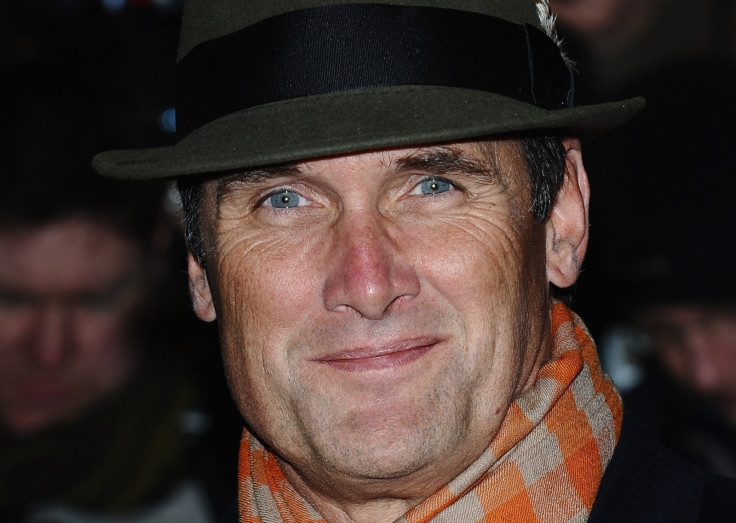AA Gill's final column criticises NHS for limitations of UK cancer treatment
The cutting-edge, potentially life-extending treatment is currently unavailable on the NHS.

AA Gill, the award-winning Sunday Times writer who died on Saturday, has had his final column published by the newspaper, in which he outlines his final weeks living with cancer. In the column, the 62-year-old, who said he had "the full English" of cancers, said he was denied immunotherapy – a potentially life-extended treatment – on the NHS.
However, the treatment, which costs up to £100,000 a year, is currently unavailable on the NHS because, according to Gill, The National Institute for Health and Care Excellence (Nice), would not approve payment for it. The treatment costs around four times as much as chemotherapy.
Gill, who had previously written of his choice to have his treatment on the NHS because of a sense of "human connection" said in the article that he was told by a consultant that the pioneering treatment could have helped extend his life. He said that it would have been recommended had he had private health insurance.
Gill, who used his final column to draw attention to Britain's ranking as having the worst cancer survival rate in Western Europe, argued that "old men who are partially responsible for their cancers because they smoked" were getting a bad deal on the NHS because "old men who think they're going to die anyway aren't very effective activists."
He added: "They don't get the public or press pressure that young mothers' cancers and kids diseases get."
Gill was diagnosed with cancer earlier this year after it was noticed that he had lost weight, and was less physically fit than usual. The former smoker had lung cancer that had spread to his neck and pancreas, which was inoperable and unsuitable for radiotherapy.
Though his column added he would not have been cured by immunotherapy, he said it was "a stretch more life."
He added: "More life with your kids, more life with your friends, more life holding hands, more life shared, more life spent on earth – but only if you can pay."
Moving final words in #AAGill 's last article. The NHS isn't perfect but it is compassionate and staff work hard against underfunding RIP pic.twitter.com/mmTdo1jHFl
— NHS Million (@NHSMillion) December 11, 2016
However, despite his criticism of the NHS, he ended his article with a nod to the humanity that he admired about the health service. After telling a young nurse his chemotherapy isn't working, he wrote: "I think she might be crying. I look away, so might I. You don't get that with private healthcare."
© Copyright IBTimes 2024. All rights reserved.






